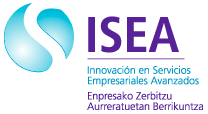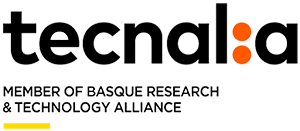CO2PACK
INDUSTRIAL CO2 REFRIGERATION EQUIPMENT
GASES COMMONLY USED AS REFRIGERANTS IN REFRIGERATION EQUIPMENT HAVE A HIGH GLOBAL WARMING POTENTIAL (GWP). This means that, if released into the atmosphere, these gases contribute significantly to the greenhouse effect. This is one of the main drivers of global warming. In this context, in 2014, the European Commission approved the Regulation (EU) No 517/2014 on fluorinated greenhouse gases, which imposes a gradual ban on refrigerant gases with high GWP, especially in those sectors using high refrigerant charges and with significant leakage rates, as in the case of the industrial refrigeration sector.
KIDE is a company dedicated to manufacture, marketing and installation of commercial and industrial cold rooms. In CO2PACK, TECNALIA has contributed to the design, characterisation and validation of the functional prototype, IK Ingeniería has carried out the LCA, and ISEA has participated in management and coordination.
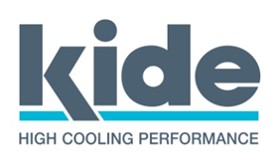
DRIVING FACTOR
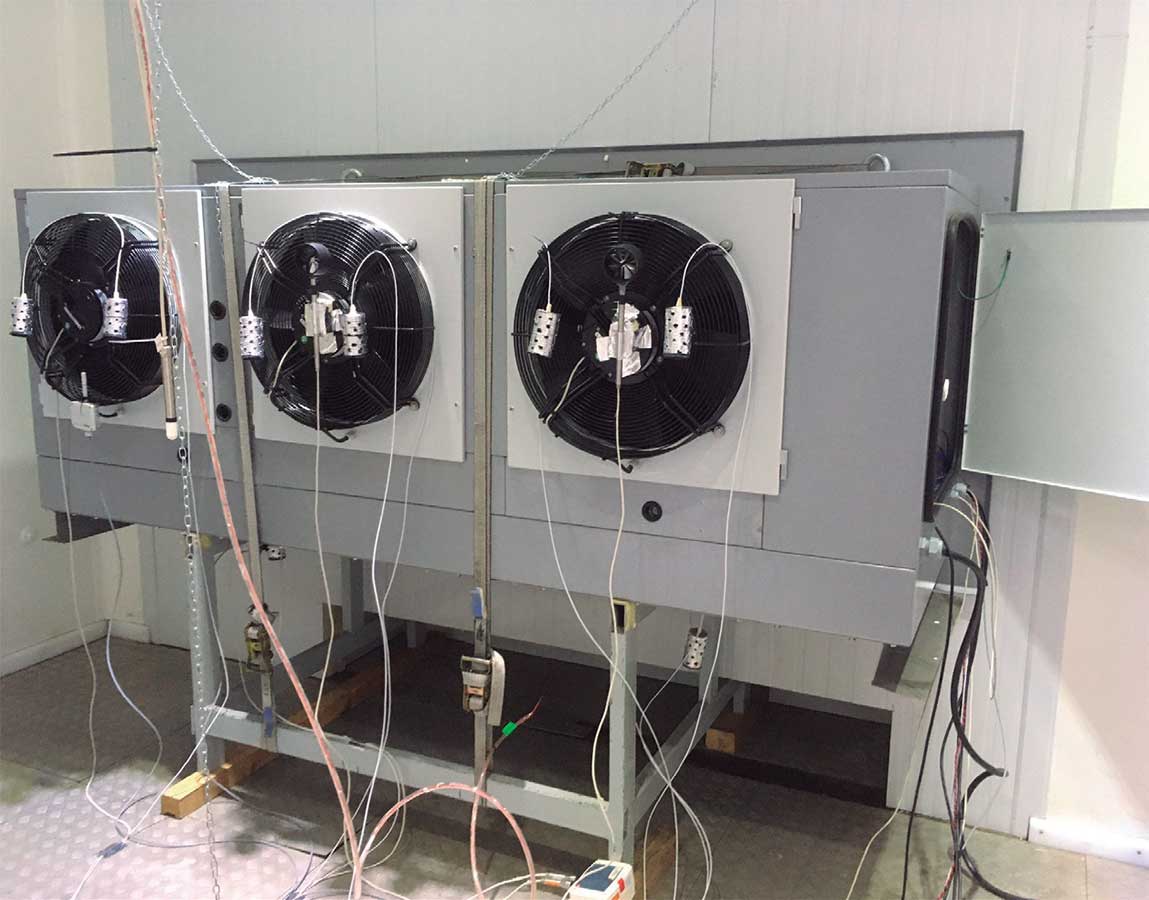
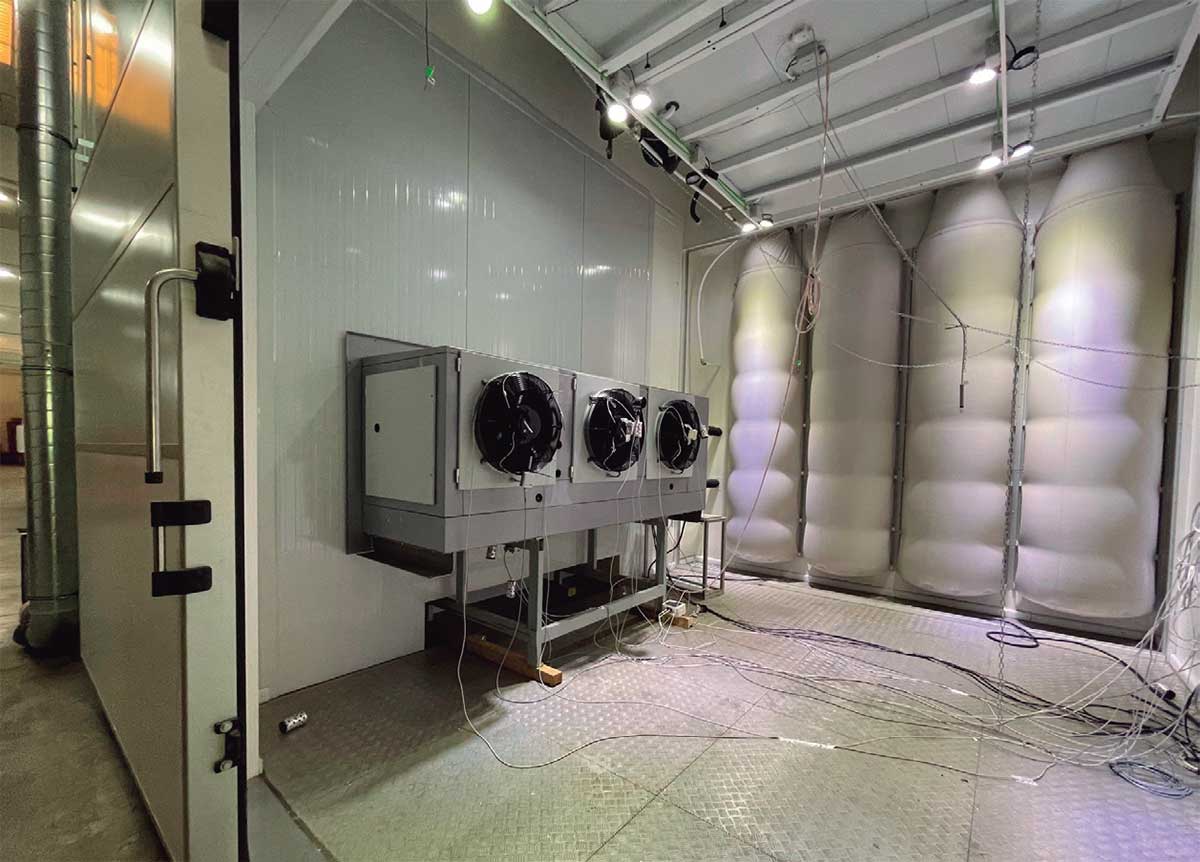
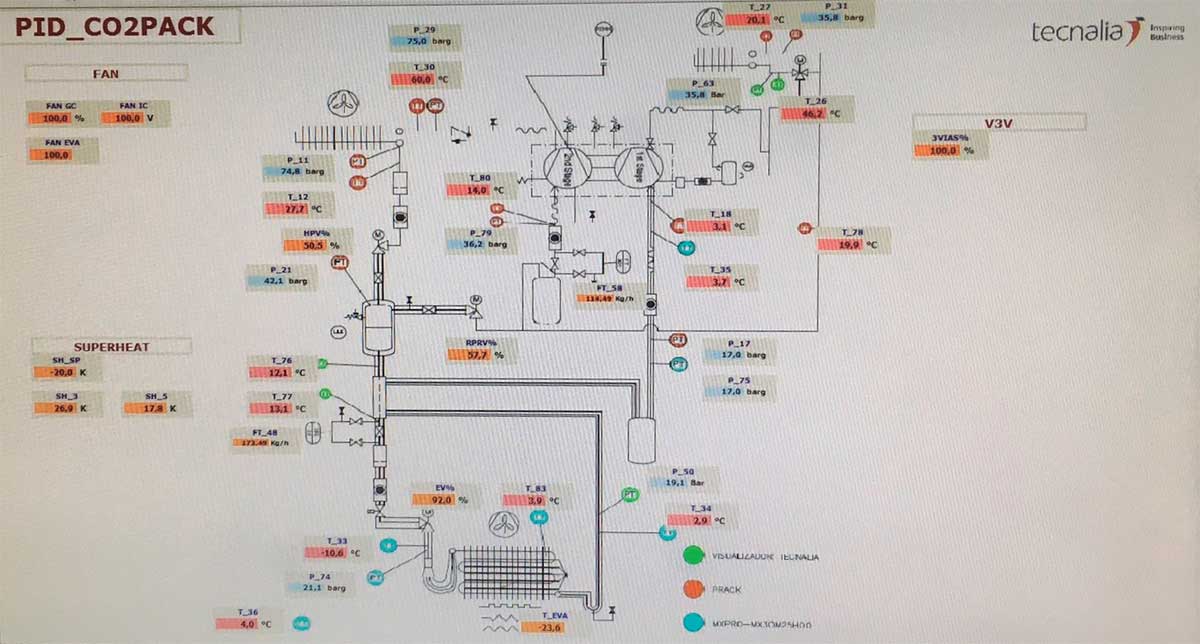
 OBJECTIVES
OBJECTIVES
- Develop a low-temperature (-20˚C) industrial refrigeration unit using CO2 as refrigerant with a GWP of 1 versus the current refrigerant (GWP of 4,000).
- Redesign the thermodynamic cycle.
- Work at high pressures.
- Maintain cooling capacity and energy efficiency.
 RESULTS
RESULTS
- Manufacture of a CO2 refrigerator prototype, validated on the test bench.
- Reduced environmental impact of climate change by 8.08% compared to the current machine.
- Reduction by 4,300 tonnes of CO2 equivalent emissions per year.
- Cost overrun contained, within the expected range.
- Development of industrialisation and optimisation guidelines for the prototype.
- Obtaining and using LCA as a guide to improve environmental impact.
 CONCLUSIONS
CONCLUSIONS
- The refrigeration technology developed far exceeds the requirements of the European F-Gas regulation, providing a pathway for the development of a whole range of new refrigeration machines, reducing climate change impact and maintaining energy efficiency.
- The first models will be launched to the market in early 2022.
- The transfer of knowledge from TECNALIA’s research area to industrial materialisation has been fundamental to the success of the project.
- Public funding has increased the intensity of collaboration, improving outcomes and decreasing time to market.
ENVIRONMENTAL
TECHNICAL
ECONOMIC
COMMERCIAL
ON THE MARKET



